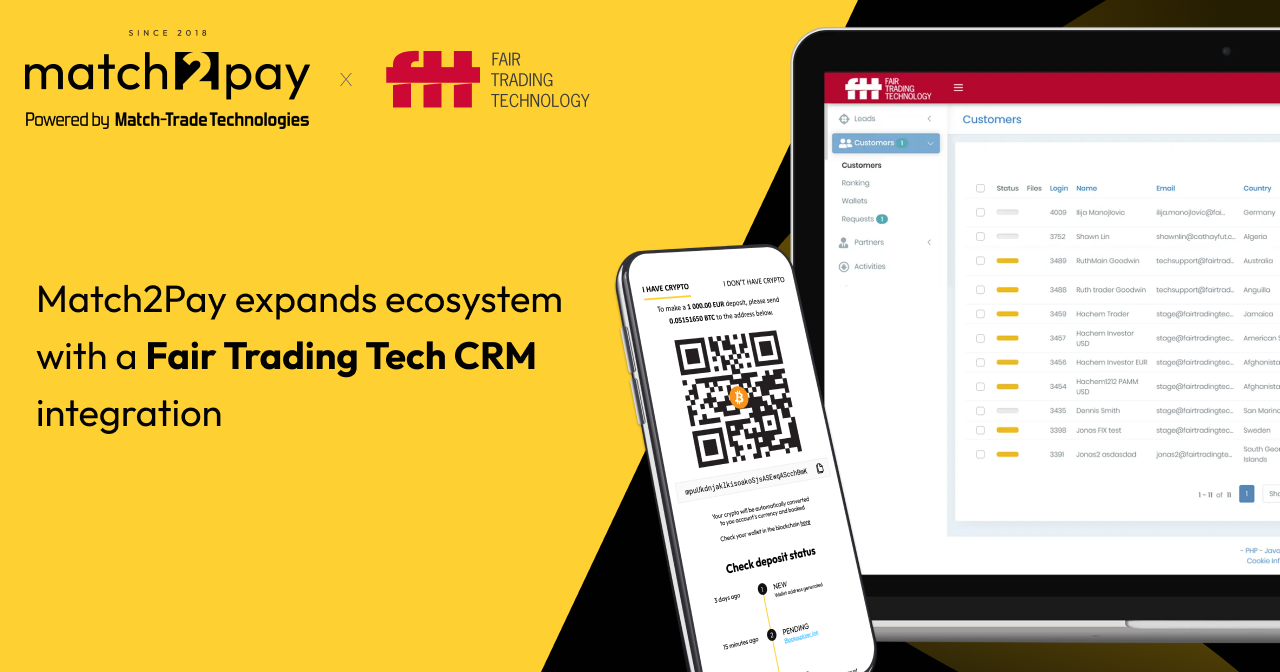The online gaming industry is at a crossroads, facing new challenges and opportunities in payment methods, security, and compliance. Przemyslaw Wojtyna, our Head of Business Development, took part in the discussion “The Competitive Advantage of Payment Methods for Online Gaming Operators”, during the Sigma World Malta 2023. The panel, also featuring Zavier Murtza, the COO of Xprizo, JP Fabri, the CEO of Insignia Cards, and Rhiannon Burns, Head of iGaming in Zimpler, delves into the competitive edge of payment methods.
In this session, panelists exchanged opinions on various topics such as cryptocurrency’s potential, user experience enhancement, and regulatory compliance. Przemyslaw Wojtyna, Head of Business Development at Match2Pay, provided valuable insights during a panel discussion, shedding light on the future landscape and strategies for staying competitive. We encourage you to watch the entire discussion or read the key excerpts and essential insights from the panel below! Przemyslaw Wojtyna, Head of Payments Solutions, provided valuable insights during a panel discussion, shedding light on the future landscape and strategies for staying competitive.
Cryptocurrency and Its Impact on the Gaming Industry
Online gaming operators have evolved significantly in their adoption of modern payment methods, notably embracing cryptocurrencies. The discussion surrounding the future trends in this dynamic landscape sheds light on the challenges and opportunities that lie ahead. In examining the trajectory of the gaming industry, there is a notable emphasis on cryptocurrencies. It’s worth asserting that crypto, despite not being universally suitable, stands out as a strong contender, likely to become an integral part of the industry.
While recognizing that crypto might not suit everyone, there’s a consensus on its potential to become a vital component, enhancing liquidity and expediting transactions. Anticipated regulations, though viewed as potential hurdles, are seen as catalysts for positive change. The open and regulated nature of cryptocurrency technology is anticipated to open new avenues for businesses while gaining popularity among players.
Looking ahead, the industry’s focus is expected to shift towards optimizing user experience (UX), embedded payments, and open data, all seamlessly aligned with regulatory frameworks. The integration of traditional and innovative payment technologies, inspired by industry leaders like Visa and Mastercard, aims for a smooth incorporation of payments into the UX. Beyond offering multiple payment options, the emphasis lies on optimizing them for conversion and ensuring adherence to regulatory standards.
Optimization Strategies for Online Gaming Operators
To maintain competitiveness, online gaming operators are advised to strategically connect different payment methods. Recognizing that the landscape has evolved beyond relying solely on cards, operators are encouraged to consider local payments for market strength. For newcomers, a cautious entry with simpler methods like card payments or cryptocurrencies, followed by a gradual shift to other alternative or local payment methods. Understanding and adapting to customer preferences in each market emerge as critical factors in an industry where statistical nuances can significantly impact income.
Balancing Adoption of New Payment Methods with Education
Achieving a balance between adopting new payment methods and fostering education and understanding is pivotal. Testing and finding this equilibrium, coupled with an understanding of individual country preferences, are crucial for global operators striving to stay ahead.
The rise of open banking and GDPR introduces new dimensions to the competitive landscape. Digital identity initiatives and open banking are poised to optimize compliance, responsible gaming, and player protection. Discussions around PSD3 and EU data wallet standards suggest potential improvements in customer experience, aligning with ongoing developments in open banking.
Comprehensive Payment Solutions and Regulatory Compliance
A comprehensive payment solution, extending beyond gaming, transforms the customer experience. Regulatory processes necessitate a deeper understanding of financial and local gambling regulations. The focus shifts from mere payment facilitation to broader aspects like source of wealth checks, verification, and responsible gambling.
In terms of responsible gaming, the discussion pivots towards the potential advantages derived from limitations on amounts spent on gaming. Acknowledging the role of payment service providers, the emphasis on responsible gaming aligns with the need to cap amounts spent on certain platforms. This shift, while potentially a challenge for operators, can be turned into an advantage by aligning with regulatory changes focusing less on speed and more on security and accuracy, particularly in the realm of responsible gaming.
Europe’s leadership in building an open data economy is acknowledged as a significant development aiding compliance, AML, and social responsibility. The potential synergy between regulatory developments, technology, and payment methods is seen as a driving force for industry growth. The challenge for operators lies in effective data traffic management, considering not just crypto or data but the entirety of the service solution they offer. Successfully navigating these factors will be instrumental in shaping the future of online gaming payments.



